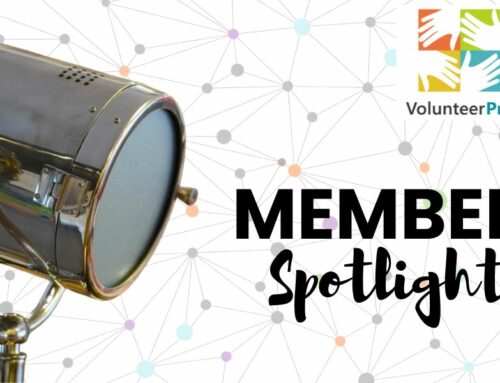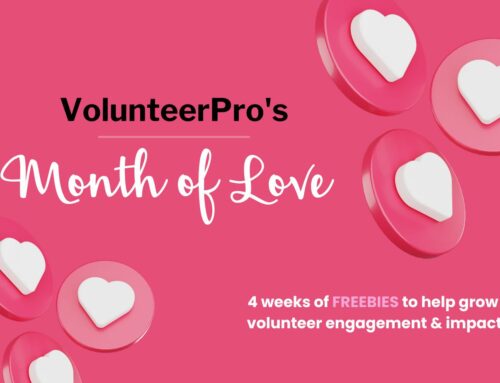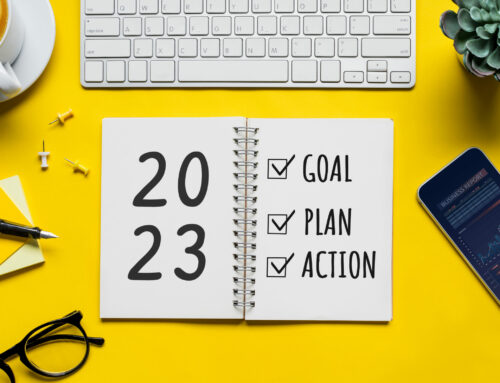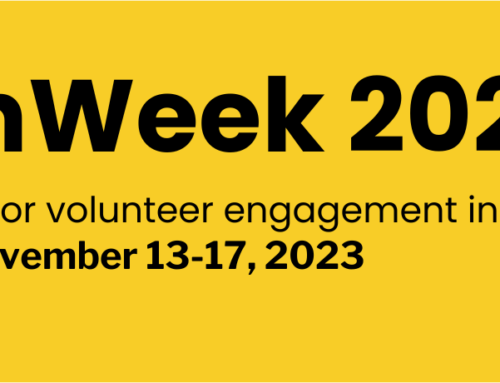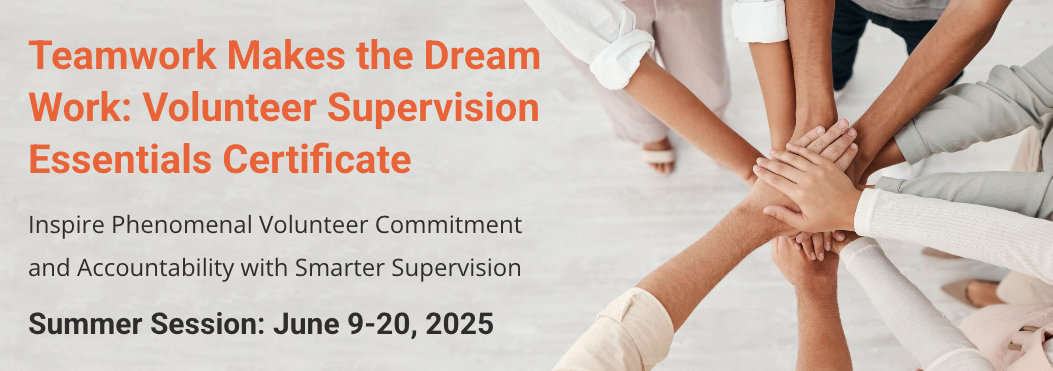 I was looking back through some of the slide decks I developed when I first started creating volunteer training. They made me cringe!
I was looking back through some of the slide decks I developed when I first started creating volunteer training. They made me cringe!
I suppose we all have to start somewhere, and my journey to becoming an effective instructional designer and learning facilitator has had many ups and downs along the way. The good news is, you inevitably get better.
If you’re new to training design for volunteers or just want to improve what you’re doing, this post is for you. I hope it will save you a little time not making the mistakes I already have.
10 Things to Remember About Volunteer Training Design & Delivery
Here are the top ten things I wish I would have known when I started to design and present volunteer training, over 20 years ago.
1) Just because I’m talking, doesn’t mean people are learning — Volunteers are more likely to learn if they have time to discuss and reflect on their own experiences (at the very minimum).
2) Training activities actually change the brains of your learners — You can take specific steps to make this process more efficient (see the bonus read below for more info).
3) “Getting through the content” is a waste of time — Whenever I feel the urge to just make it through to the end of a day or module, simply for the sake of finishing, it’s likely I’ve left people behind and no one will remember what I said anyway.
4) Presenting live training online can be just as fun as training in person, if you approach it the right way — I now do things like log in early and “chit chat” to get to know my learners on a human level, which increases my enjoyment exponentially.
5) Focused learning objectives are absolutely essential — I develop them before I start to design each module to help keep my content on track and offer meaningful value (even in my conference keynotes).
6) High-quality, pro-level training takes a lot of time to develop (this is something I often have to explain to customers) — It takes me about 16-24 hours to design and develop an hour of training, including learning objectives, slide deck, speaker notes, and handouts, which is lightening fast compared to industry standards.
7) Sometimes letting learners explore can be more effective than giving the answers (at least right away) — Allowing volunteers to formulate their own ideas, discuss possible approaches, and come up with questions about a topic — before I present on it — is an effective technique that is sadly under-utilized.
8) Adult learners have a lifetime of experience that we can use in the classroom, without feeling defensive about it — Even if volunteers are novices to our cause or the training topic at hand, we are the beneficiaries of all of their life experience, school of hard knocks, professional development, etc., etc., etc. Why not leverage it to strengthen your training?
9) No one cares about your organization’s mission statement and standard operating procedures (SOPs) — And yet, many volunteer orientations start their orientations with this content; unless it’s extremely relevant (e.g., I am teaching you to repeat the mission statement verbatim to funders), leave it in the reading material and focus on what volunteers need to learn how to DO not KNOW.
10) It’s all about relationships — To be honest, this took me a long time to really understand; but, it’s true — spend some time on appreciation and team building during training (formal or informal), and your volunteers will enjoy it more, make real connections with their peers, and keep coming back.
These are only a few of the things I’ve learned along the way. It’s not always possible for me to follow my own advice, but I try to be gentle with myself, with the compassion and understanding I wish I would have had way back when. In the end, people don’t care how much you know until they know how much you care. So, if you care about your learners, but make mistakes. It’s OK. You’ll do bette next time around.
Bonus Read
Check out my Four Practical Strategies for Volunteer Training for more detail on how to help volunteers learn without being overwhelmed (while there, you can grab my free training evaluation form).

